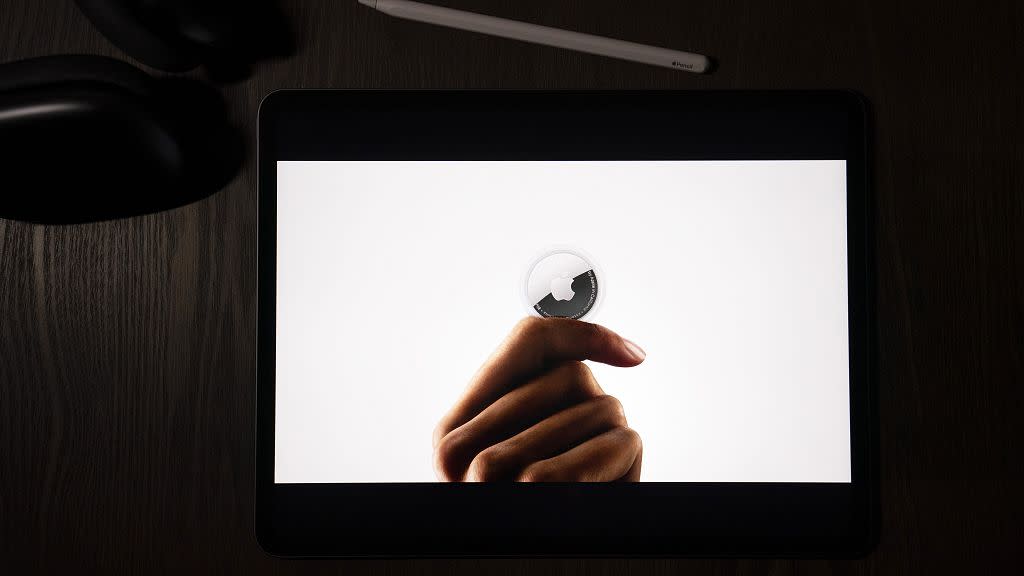Bluetooth devices can unwittingly track your every move. Here's how to know if they're watching you

If an "[Item] Found Moving With You" alert pops up on your phone with a ping, there’s an unknown device tracking your every move.
That’s the latest change that Apple and Google are putting in place to prevent the misuse of devices that help you keep track of your belongings.
The alert means that someone else's Air Tag, Find My accessory or any other Bluetooth tracker is moving along with them.
Along with this new alert, phones will now be able to see the tracker’s identifier and get instructions on how to disable it.
"AirTag and third-party Find My network accessories were designed from the beginning with industry-first privacy and safety protections," a shared statement from Apple and Google reads.
"Apple has remained committed to innovating and supplementing these protections to keep consumers safe".
The new alert is paired with a set of industry-setting guidelines, the statement continued, for any future manufacturers who might want to develop any built-in tracking capabilities.
Bluetooth location trackers are small battery-powered devices like AirTag, Life360 Tile, Chipolo, and Samsung SmartTags that are used to keep track of a person’s luggage or property.
In March, Apple tried and failed to dismiss a US class action lawsuit that claims their products helped stalkers follow their victims.
According to Bloomberg, US District Judge Vince Chhabria told a San Francisco courtroom at the time that the three lead plaintiffs made sufficient claims of negligence and product liability.
How to look for an unknown tracking device
The Electronic Frontier Foundation (EFF), a US non-profit working on digital human rights, explains in their "how-to" guide for detecting Bluetooth trackers that they communicate with nearby phones to track the location of an item belonging to the owner.
So, if a person loses a bicycle, the tracker on the bicycle will send signals to all the phones nearby sharing its location which will eventually make its way back to the tag’s owner.
"While device manufacturers repeatedly suggest these are meant only for tracking physical property, it is very easy for someone to place one of these trackers on a person," the guide reads.
Android 14+ and iOS 14.5+ operating systems can detect "unknown" tracking devices, but it often takes up to 24 hours for the phones to send an alert, the guide continues.
Sometimes the tracking device will let out a ping, but not always, because that feature can be disabled by the owner.
For those with older operating systems, this tracking can also be done through some third-party apps like AirGuard.
All phones automatically allow safety alerts for unknown tracking, but a user could double-check these permissions in their settings.
Once a phone receives the alert, the user can tap on it and see everywhere they’ve been since their phone has registered the unknown device.
The EFF’s guide suggests a search for anywhere that an object the size of a euro could be hidden, like any pockets, bag, or jacket linings or underneath a car. On the notification received, users can tap "Play Sound" to help them locate the tracker.
Some Bluetooth devices will let the user find out more about who it belongs to. The EFF guide suggests holding an Apple AirTag to the back of a phone to get the serial information along with the four last digits of a phone number.
The EFF also suggests contacting authorities or removing the battery to disable the tracker if and when a user believes it is safe for them to do so.

